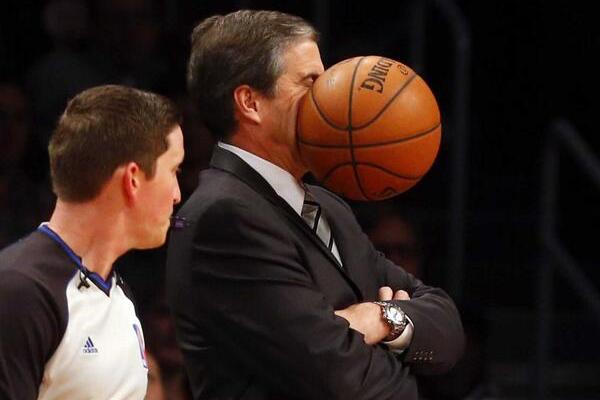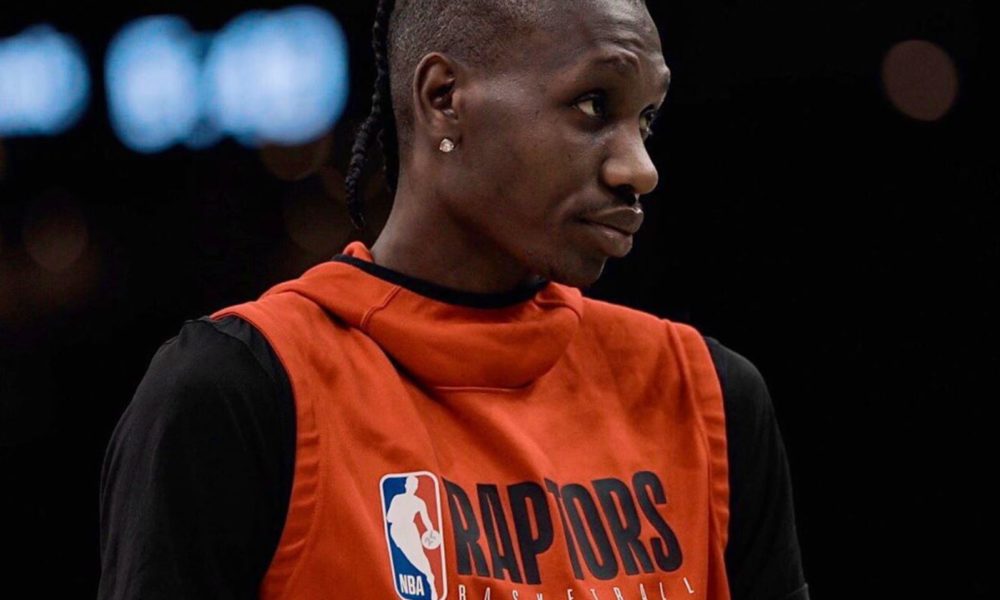For a lot of us, sports is the ultimate escape from reality.
It’s cliche to tell the stories of sports saving lives, whether it’s an athlete bouncing back from rock bottom, a lost soul finding their calling in coaching, or a mother finally living comfortably thanks to her son’s new contract, we hear these stories all the time.
But for millions of people around the globe, sports are an everyday coping mechanism for the difficult human experience; a regular but necessary distraction we consume after (and during) a long day to keeps us entertained and relaxed. We take them for granted, but sports play an important role in a lot of our lives.
It might sound silly to the non-sports fans among us — the idea that sports can be a relaxing agent when all they see are immature boys screaming at TV sets — but think about it: everybody has their distractions.
Whether it’s music, movies, television, social media, politics, weed, alcohol, or some combination of the lot, it has become not just common but expected for the modern human to fill their time with these content-based distractions. We are always doing — scrolling, watching, texting, and consuming. And while some habits are better than others, even the worst among them is better than doing nothing for a person that never learned how to live without distraction.
Sports fill a void for so many of us even if we didn’t realize it until now.
On Wednesday evening, shortly after Utah Jazz forward Rudy Golbert tested positive for COVID-19, the NBA suspended its season for at least 30 days and other professional sports leagues followed suit, including the NHL, MLB, MLS, EPL, and almost all others. More recently, the CDC recommended organizers cancel or postpone gatherings of 50 or more for eight weeks.
For the first time in the modern history of the world, sports are canceled. Now what?
The suspension of sports will force a lot of us to reckon with our humanity. We have two options, it would seem: find other content to fill the void left by sports or… learn how to do nothing (or at least less).
And while sports are the first form of entertainment to go — leaving plenty new Netflix shows to binge-watch — they might not be the last as long as the coronavirus continues to spread across North America.
Still, as long as there is new content, the first choice is the easier one. It has been most sports fans’ natural reactions to fill their time once spent consuming sports content with other content, including increased usage of Twitter and other social networking platforms, binge-watching TV shows and movies, re-watching old sports games, or itching for new podcasts.
Sports publications have already begun promoting columns about what to watch on Netflix, as if the need to continue consuming content is a given rather than a choice. It’s what they want: for you to continue scrolling the internet in hopes that searching the web for an alternative becomes the alternative.
The other option — doing more of nothing, or less of everything — is much harder; we rarely find comfort in the mundane these days, partly because there is always so much content to consume that we never need to — which continues to be true… for now — and partly because we are so desperately bad at it.
We need help to relax. And that’s fine. Normal, even.
Doing nothing stopped being part of the agenda before a lot of us were born. We were raised with the internet, cable television, video games and the like (ok boomer, but at least admit they have been a staple in our lives for the past two decades). We never had to reckon with the idea of the self sans these distractions.
We should embrace it, now that we finally get to.
Doing nothing doesn’t necessarily mean sitting alone with your thoughts. It means finding ways to relax through mundane activities instead of consuming content. It would help us to use more natural distractions in favour of anxiety-inducing ones, at the very least. Put down your phones — knowing the news 15 minutes before the rest of us isn’t going to make a difference — and find comfort in the mundane.
Kobe Bryant talked about finding the love in the work, and although for him the work was primarily basketball, don’t forget that it later became parenting. You can find love in any type of work, including cooking, reading, playing an instrument, writing, running, etc.
One thing that the coronavirus has taught us is that there might be a time when these distractions — this content — is no longer so plentiful. If that’s the case, and it could be a few months from now if the virus isn’t contained, we will be forced to live with ourselves.
All these forms of entertainment that we take for granted are actually luxuries.
The only thing we have indefinitely is the self.



